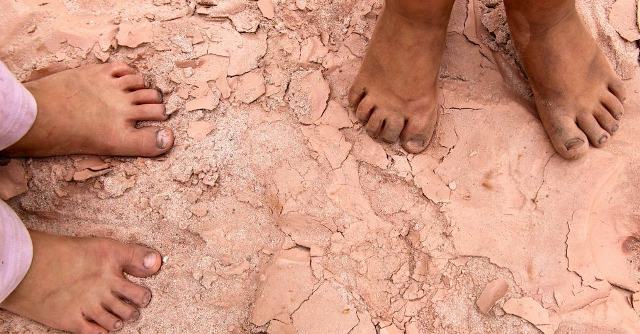The year 2023 witnessed unprecedented climate records shattered as Latin America and the Caribbean grappled with their hottest temperatures on record, the UN’s weather monitoring agency said.
The World Meteorological Organization (WMO) attributed this extraordinary heat to a combination of El Nino and long-term climate change effects, resulting in a barrage of droughts, wildfires, and extreme rainfall events, alongside devastating hurricanes.
Celeste Saulo, head of the agency, described 2023 as a year marked by record climatic hazards, exacerbated by the influence of El Nino and compounded by the escalating impacts of human-induced climate change.
WMO data revealed that the mean temperature for 2023 reached unprecedented highs, surpassing previous records by significant margins. Mexico experienced exceptional heatwaves, with temperatures soaring above 45°C at numerous weather stations, peaking at a staggering 51.4°C on August 29. The country also faced the fastest rate of warming in the region.
From August to December, central South America grappled with extreme heatwaves, with Brazil, Peru, Bolivia, Paraguay, and Argentina all registering their highest September temperatures on record. Uruguay faced its driest summer in over four decades.
The extreme weather exacted a heavy toll, claiming numerous lives and resulting in substantial losses to wildlife, ecosystems, and economies. Hurricane Otis, a Category 5 storm that struck Mexico, led to significant fatalities and billions of dollars in damages. Severe droughts disrupted river flow into the Panama Canal, causing disruptions to international shipping.
Health risks escalated due to exposure to heatwaves, wildfire smoke, sand dust, and air pollution, exacerbating cardiovascular and respiratory problems. Additionally, over 150 dolphins perished due to record temperatures in Brazil’s Tefe Lake.
WMO also issued warnings about accelerating sea-level rise, particularly in the South Atlantic and subtropical and tropical North Atlantic Oceans, threatening coastal populations. Glaciers, such as the Echaurren Norte glacier in the central Andes mountains, faced significant melting, losing approximately 31 meters of water equivalent from 1975 to 2023.
In related developments, unprecedented rainfall linked to El Niño triggered catastrophic flooding in southern Brazil, affecting over 850,000 people and resulting in massive infrastructure and economic losses. UN Secretary-General Antonio Guterres expressed deep sorrow over the loss of lives and extended solidarity to all affected, emphasizing the urgent need for international action to address the devastating impacts of climate change.
With no immediate respite in sight, WMO emphasized the critical need for increased investment and support for climate services, particularly in health and disaster preparedness sectors. Strengthening forecasts, early warnings, and integrating climate data into health surveillance systems were highlighted as essential steps to confront the escalating climate-related challenges facing the region.

